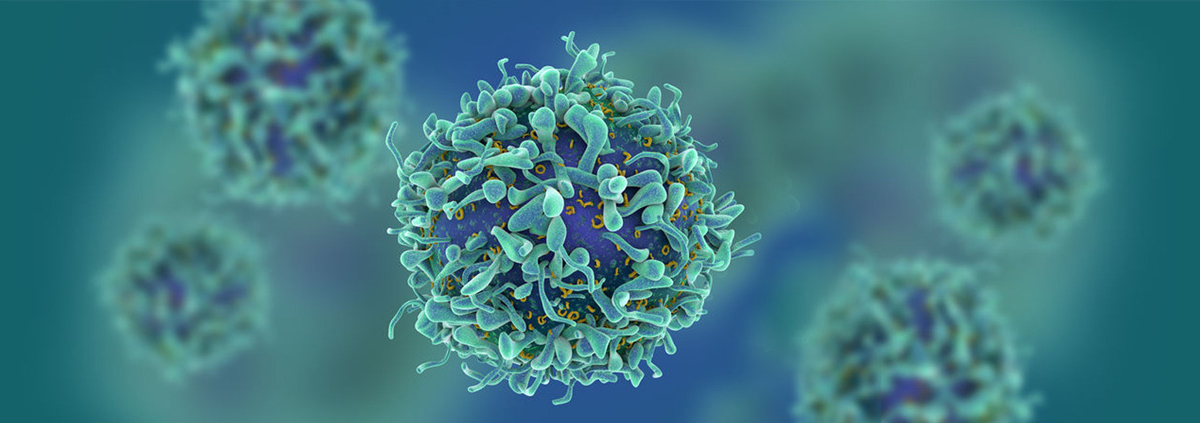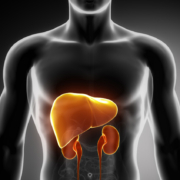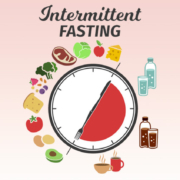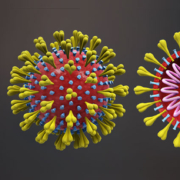Fasting and Memory T Cells
The second paper from the journal Cell on fasting examined the longer term effects of fasting on memory T cells. Several species of mice were used in a variety of studies; these were complex experiments to say the least. Before I go further, a little about memory T cells.
Memory T cells are a class of T cells that remain after responding to a prior infection; they’re also created in response to vaccinations. The benefit is that if someone is re-exposed to the same or similar pathogen or toxin, the memory T cells mount a more vigorous attack than after the first exposure.
The mice were monitored for two weeks to establish a baseline caloric intake, then they were maintained on 50% of their caloric intake for three weeks or longer. There were several experiments. In some, while the calories were reduced by 50%, protein, vitamins, minerals, and essential amino acids were maintained at 100%. Therefore, there were no micronutrient or protein deficiencies, just calorie deficits.
The researchers found that stress hormones increased in response to caloric reduction. The memory T cells were transported and stored in the bone marrow. When the diet was returned to normal, the memory T cells were returned to their typical locations in the immune system. Other experiments showed that the memory T cells had an enhanced ability to fight pathogens.
One more study to examine on Saturday.
What are you prepared to do today?
Dr. Chet
References:
1. Cell 2019. DOI:https://doi.org/10.1016/j.cell.2019.07.049.
2. Translational Biology in Medicine, 2014.









